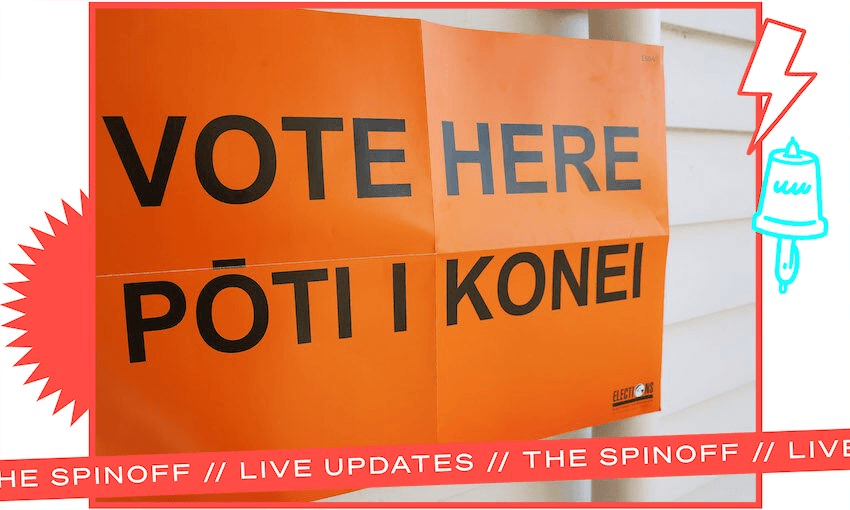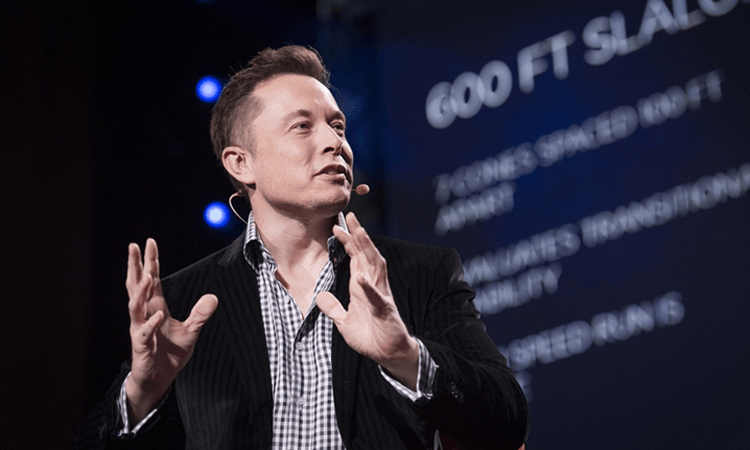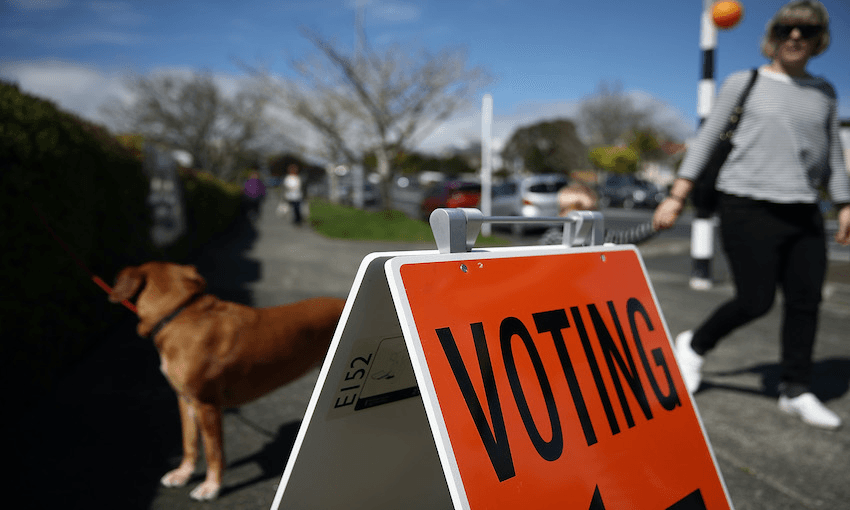When it was announced Trevor Mallard was heading to Ireland for a diplomatic role after leaving parliament, there was widespread backlash from within parliament and outside. That’s continued to some extent, with criticisms continuing to be levelled in the weeks after that appointment was confirmed.
That has not happened with the latest high profile political appointment: former Labour minister and recently departed Auckland mayor Phil Goff, who will soon become New Zealand’s next high commissioner to the UK. It’s one of the most cushy diplomatic postings available.
Speaking to RNZ this morning, Goff acknowledged his appointment was political – but said he’s received support from across the spectrum, including from both the leaders of National and Act. “Political appointments are longstanding, in many instances they can add some real value, in some instances they’ve been less than appropriate,” he said. “What’s important is you’re doing that job on behalf of New Zealand and bringing together your skills and experience.”
Political appointees do have a good understanding of the political system, said Goff, which can provide advantages.
On the backlash to Mallard’s appointment, Goff remained – shock horror – diplomatic. “Trevor will bring professionalism and competency to his role as well… He will leave partisanship behind him, he will do what is required of him,” said Goff.
Meanwhile, over in the pages of the Herald, Goff was once again diplomatic when asked to comment on the current political situation in the UK. He would not speak on the continuous exchange of prime ministers (possibly for fear of there being a new one when he arrives in London in 2023), but said: “the most important thing is that through the interesting period we’ve had in the last couple of months, while there may have been changes in leaders, there haven’t been changes in the policies that are important to New Zealand, such as the free trade agreement and the broad approach to foreign policy.”
If the government changes next year, Goff remained confident he would retain his role and continue to receive support from back home.





